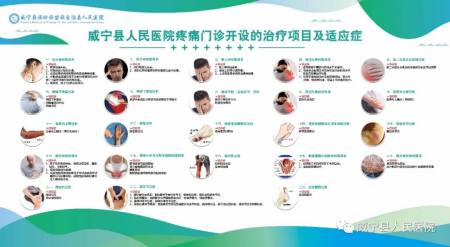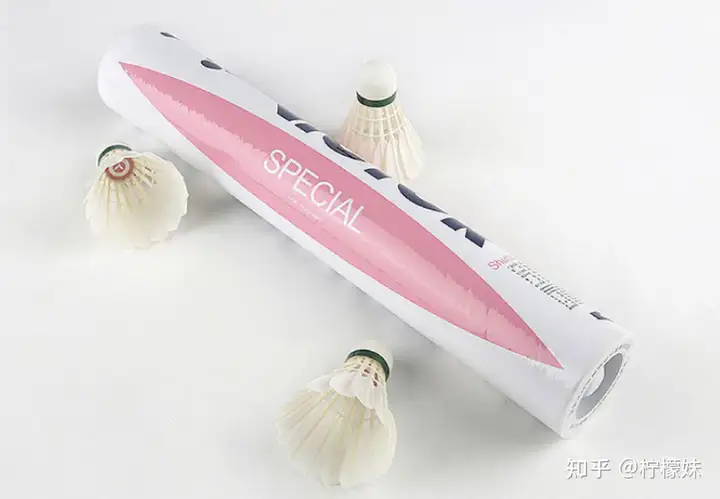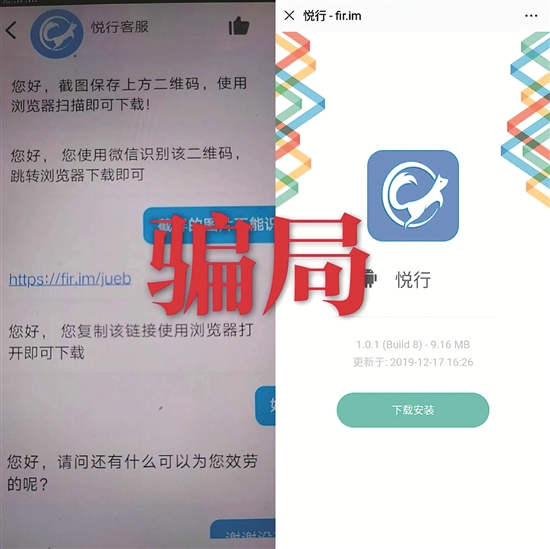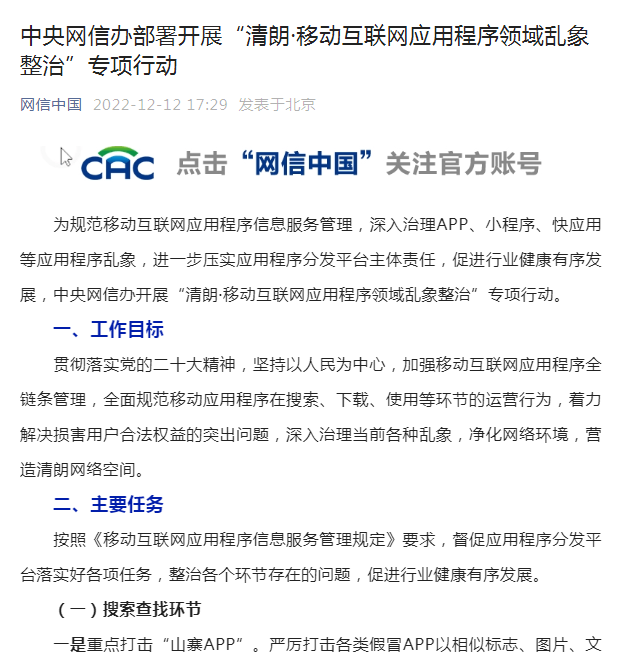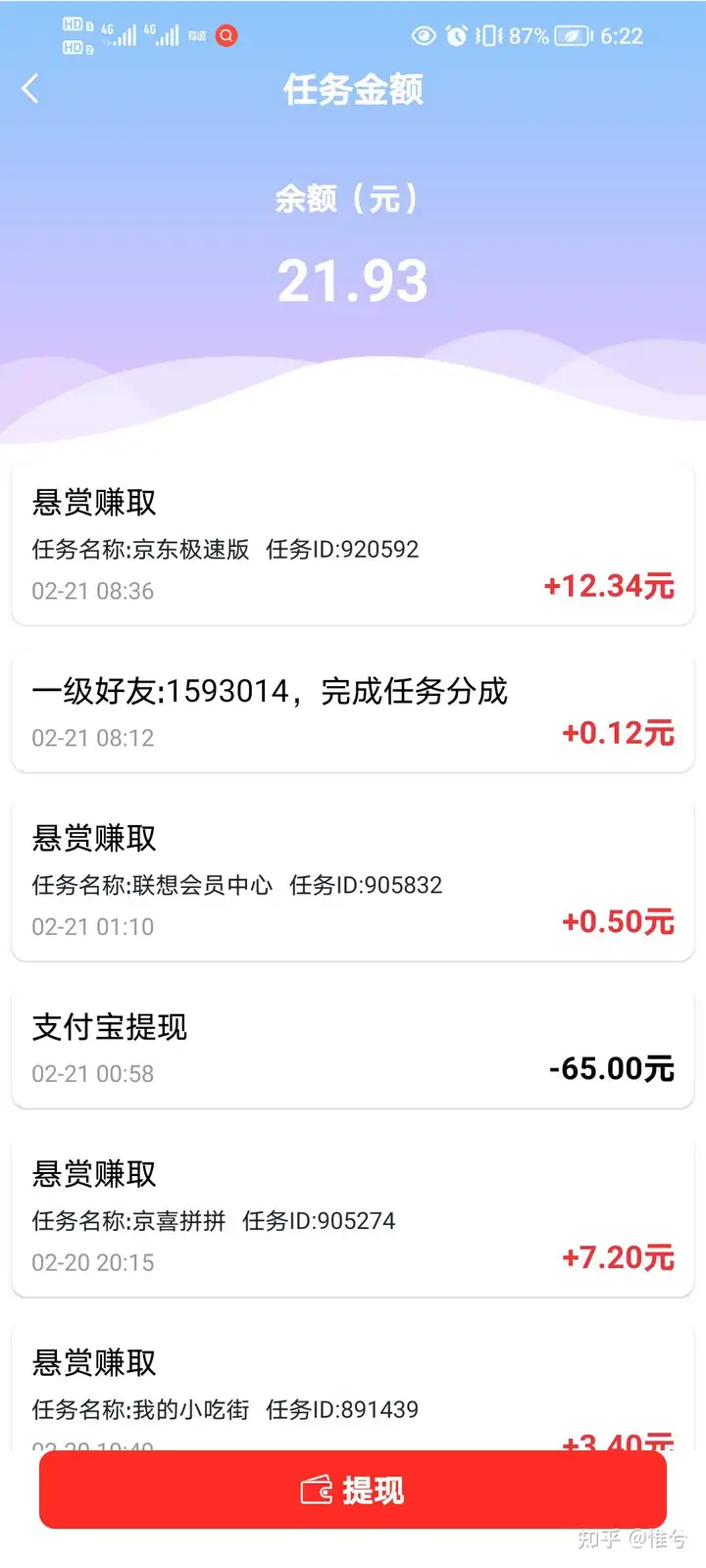怎样看待 China Daily 上的用词语法等等?与英语国家的媒体文章有可比性吗?
我在之前的一篇文章聊一聊四六级考试里面提到可以用China Daily(中国日报
)来提升四六级翻译能力,但有读者提出了不同意见:
China Daily这种塑料英语推荐给大家看真的好吗?今天我们来探讨一下,China Daily适合用来学英语吗?
开始之前不妨先了解一下China Daily:
China Daily创刊于1981年,是中国第一份国家级英文日报。它的定位是作为中国了解世界以及世界了解中国的重要窗口,面对的人群主要是在华外国人,有英文阅读能力的中国读者以及海外读者。同时,它也是唯一有效进入国际主流社会、国外媒体转载率最高的中国报纸。
很多人对于China Daily存在的偏见是:报纸上的文章都是中国人写的,因此不够地道,有中式英语的痕迹。带有这些偏见的人要么人云亦云,根本没认真读过这份报纸,要么自己英文写作不过关,分不清好英文和坏英文的区别。
事实上,作为一份全国性的英文报纸,China Daily编辑部集中了一批国内最顶级的英文写手,他们很多人的写作水平并不在英美人士之下(顺便提一下,国内英文写作最好的那批人很多都在媒体,而不是在英语培训界)。中国日报官网上有其中一些作者的介绍,感兴趣的同学可以参考:
http://www.chinadaily.com.cn/opinion/columnists.html除此之外,China Daily还有很多外籍专家负责新闻稿的润色,以保证英文的地道性。
从语言学的角度分析,中国日报之所以容易给人造成“中式英语”的印象,背后的原因并不是因为语言不够地道,而仅仅是因为文章的题材与中国有关。
葛传槼先生在他的文章《漫谈由英译汉问题》里面提出了一个“中国英语”的概念,它可以定义为“中国人使用的,以规范英语为基础并具有中国特色的英语”。“中国英语”与“中式英语”不同,“中式英语”通常会有用词或者语法错误,但“中国英语”在用词或者语法上都是正确的,只不过因为描述对象的原因而带有中国特色。
在涉及到中国题材的报道中,“中国英语”几乎不可避免,因为很多带有中国特色的事物或概念在英语中找不到对等的词汇,只能用借代词或者混合词等形式来表示。举个例子,英语里面没有“上火”这个概念,如果要表达“上火”,可以直接写成shanghuo,或者参考下面这篇China Daily报道的处理方法:
The 30-year-old used to spend his summer holiday in Shaoguan city, Guangdong province, where his aunt lives. It was a lot of fun, but the heat caused him to suffer nosebleeds. This is a typical symptom of too much internal heat, or shanghuo, he was told.又比如,“风水”在英文中也没有对等概念,直接译为wind and water无法表达出它原本的含义,可以直接用汉语拼音feng shui来表达其中国特色,所以你有时候会在China Daily中看到这样的说法:
Chinese place an feng shui aquarium inside the house or a small pond outside, hoping to increase their chances for wealth and good fortune, because the Chinese word for fish (yu) has the same pronunciation as abundance and affluence.
除此之外,中国英语中有一些词汇或者词组的搭配在规范英语中很少见,要理解这些词组的意义必须要参照其历史、政治和文化背景。例如,“三从四德”应该怎么说?中国日报是这样写的:
According to the so-called "three obediences and four virtues" (三从四德) -- the standards expected of women in ancient China -- being good at embroidery was a key virtue. The other three were morality, beauty and an elegant manner.在英语中obedience是不可数名词,后面不能加s,但在这里作者通过three obediences and four virtues这种独特的搭配形式来反映这一中国古代观点,并通过后面的解释”being good at embroidery, morality, beauty and an elegant manner”来让读者明白这个概念的含义。
由于China Daily上有大量关于中国历史、文化、政治、民俗以及美食等方面的报道,因此不可避免会涉及到中国英语,但如果据此认为这些文章是“中式英语”,那就是偏见了。
对于中国日报的语言特点,Quora上一个名为Robert Charles Lee的外国答主给出了很中肯的评价:
The English-language editions of China Daily are actually very good. This is mainly because its newsdesk does actually employ native and near-native English-speaking copyeditors, many of whom are not even PRC nationals…Of course, like all other newspapers anywhere in the world, China Daily does have its own inhouse stylebook on handling news and language matters, so that may result in certain stylistic presentations of "the news" that may different from the norm in Western newspapers. But thats incidental. The command and control of the English language is very good and nothing to sniff at.
从语言学习的角度来看,我们学英语一个很重要的目的就是学习如何用英语描述自己的生活,如何用英语向别人介绍身边发生的大小事情,而中国日报上的很多文章都提供了非常好的学习范例。举个例子,这两天“江歌案”成为讨论的焦点,那如何用英语描述这一事件呢?看看China Daily是怎么写的:

又比如,怎样用英语介绍乌镇的美食?China Daily官网上有一个Lifestyle栏目,上面有很多介绍中国文化和美食的文章,比如下面这一篇:
A gourmet paradise blessed with fresh local produce, Wuzhen offers a wide variety of traditional Chinese dishes allowing tourists to sink their teeth into the mouth-watering experiences.
The ancient water town is a popular tourist destination with nearly seven million visitors walking through its streets and bridges each year. Wuzhen has a history of over 1,300 years, and lies in East Chinas Zhejiang province.
Most people explore the picturesque landscape of the time-honored town to enjoy the traditional folk customs, ancient residential houses, workshops and stores. But they should never miss the savory dishes in Wuzhen, which includes fish, local refreshments, and other delicacies. Using the towns traditional recipes, the delectable aroma wafting over the entire length of the ancient, winding streets is unavoidable.这几段文字写得非常漂亮:用gourmet paradise来指乌镇是“美食天堂”,用sink their teeth into the mouth-watering experiences来形容游客们在乌镇品尝诱人美食时的体验,用the delectable aroma wafting over the entire length of the ancient, winding streets 来描述飘荡在乌镇古老蜿蜒街道上的食物香味。
除此之外,你还可以学到很多常见事物的英文表达,例如“本地农场品”是local produce,“传统中国菜肴”是traditional Chinese dishes,“水镇”是water town,“老式民居”则是ancient residential houses… 如果能够坚持阅读这类文章,相信你会积累很多实用的日常表达。
总结:
China Daily上的文章并不是“中式英语”,它无论从语言质量还是题材上可以学习的地方都非常多,可以作为我们了解中国并学习如何用英语介绍中国的一个平台。推荐各位同学阅读。
推荐阅读:为什么你需要多读英语原版书?



